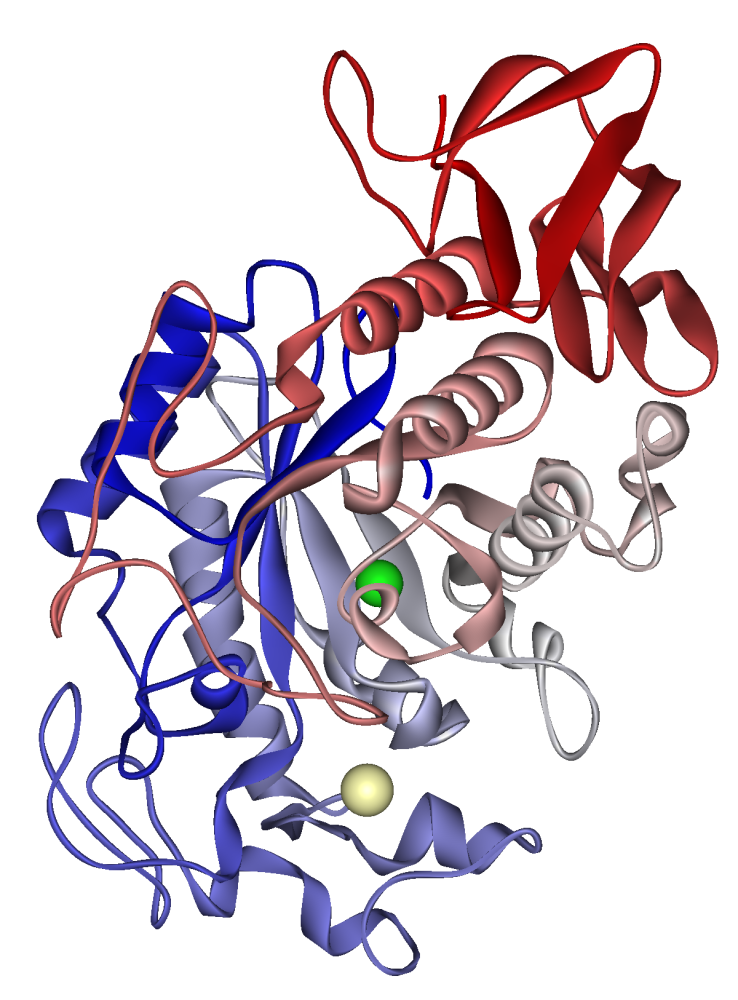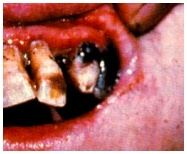Hello! I've been absent for a week. I hope you didn't miss me. :p
Anyway, yeah, every girl or woman is scared of fats!!! It makes you fat and ugly!!! :( But what happens to fats in our body? I'm sure all of you know that lipases digest our scary fats. Ok, let's continue from my previous posts. I've done amylases, I've done proteases, so now... lipases!
So what happens if we have too little lipases?
1. HEART ATTACK
Lipases digest fats. Without lipases, fats cannot be digested and may clog blood vessels! This leads to high blood cholesterol! Anyway, eating too much saturated fats and TRANSFATS can put too much pressure on lipases that they cannot handle! This is equivalent to lipase deficiency! The result? Heart attack!
Woah, why does so many things lead to heart attack? So scary! No wonder people always say that life is fragile and vulnerable! Treasure all that you have! Who knows who will be gone tomorrow! Touch wood! :p
2. DIABETES
Lipases control the permeability of the cell membrane. So, a lack of lipases will cause the membrane to go haywire. It'll become impermeable, so nutrients cannot enter and wastes cannot leave the cell! Argh! Imagine all the wastes clogging up in your cells!! EWWWW! :/
Anyway, the same thing happens to diabetic patients, 'cos their kidneys cannot function and clear wastes properly. So, diabetic people usually have lipase deficiency!
3. MUSCLE SPASM
Do you know that Heather had muscle spasm during OBS? Well, if you didn't, now you know. :p
Anyway, a VERY COMMON symptom of lipase deficiency is muscle spasm! A deficiency of lipase triggers off severe pain in your muscles, causing your muscles to contract, and hence you can neither sit nor stand still, and cannot stop trembling. It's scary. It's just like having fits, and it can be fatal!!! o.O (Heather could have died? TOUCH WOOD.)
Note: If you experience such cases, doctors often advise patients to take muscle relaxant drugs. BUT!! They are toxic!!! So, maybe adding some lipase to your diet may help. :))))
Foods high in lipase are:
1. Fresh avocado
 Fresh!
Fresh!
2. Coconut flesh
 Milky!
Milky!
3. Raw animal fats e.g. marinated fish Whee!
Whee!
4. Cream Ahhh! Italian Ice Cream!
Ahhh! Italian Ice Cream!
5. Butter Lamb: Maa..a.aaa...
Lamb: Maa..a.aaa...
6. Egg yolk Twins!
Twins!
Mmmmm... Don't they look delicious?? :D
As lipase is a water-soluble enzyme, these foods high in lipase must retain their water. Hence it'll be best if they're eaten in their original form (haha, then i won't suggest you to eat raw meat, unless you want to. :p).
Love,
Detective CxY.
http://squarehe.com/images/0603/raw-meat.jpghttp://harrygow.com/capaldis/graphics/front_pic2.jpg
http://www.rachelleb.com/images/2004_04_09/lamb_shaped_butter.jpg
http://www.siber-den.net/photos/2004egg/egg.jpg
http://www.onsushi.com/images/avocado.jpg
http://www.deliciousorganics.com/images/coconut.jpg

























